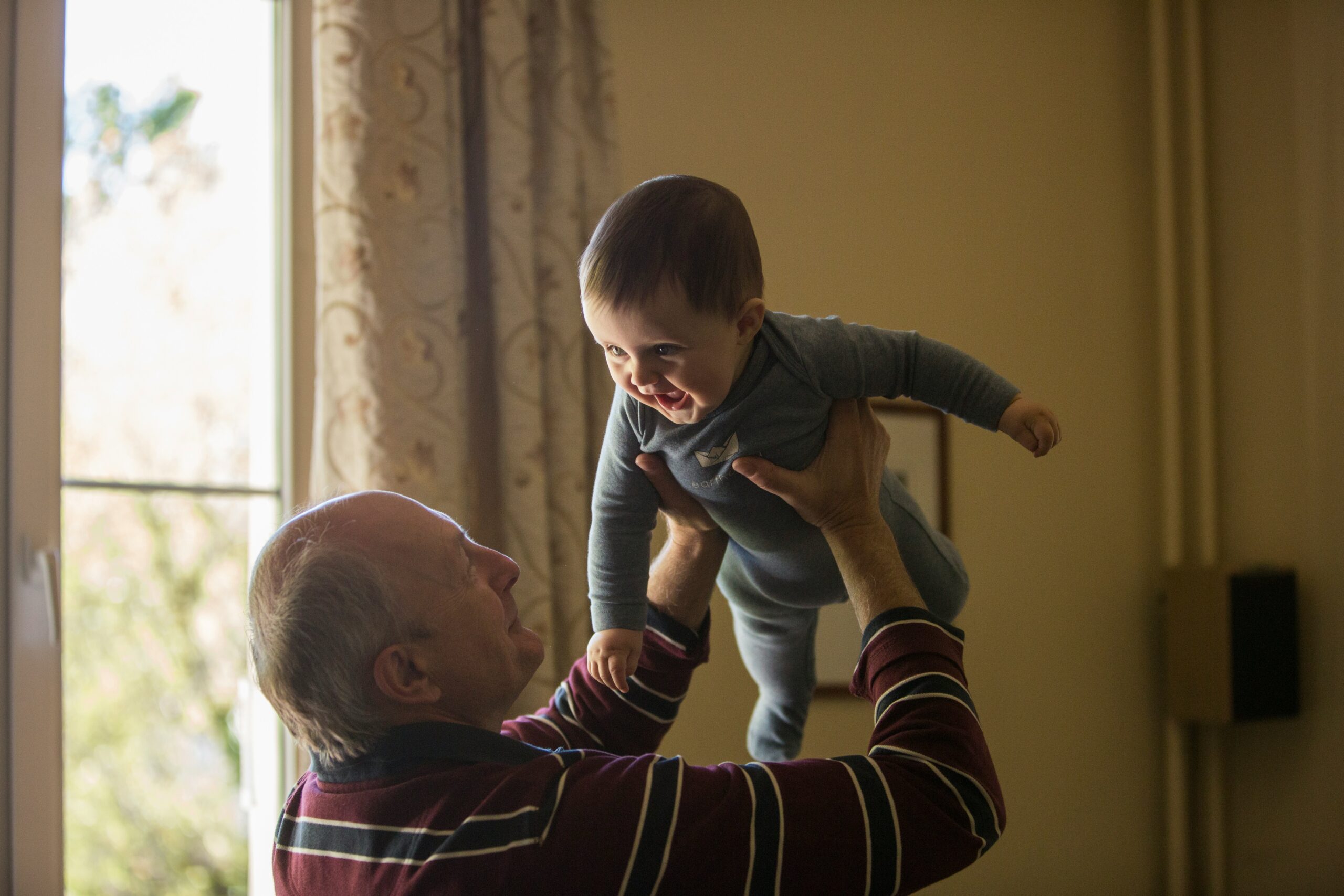Around 1 million adults in the US are projected to develop dementia each year by 2060, compared with around 514,000 in 2020, suggests a study in Nature Medicine.
The study highlights the tremendous burden that aging populations in the US and around the world will place on the generations born today, and the dramatic need for personal focus on mitigating the risks of developing dementia, especially for higher-risk groups like women, Black men, and those who carry one or more copies of the APOE-e4 gene.
Josef Coresh and colleagues analyzed over three decades of health data records (1987–2020) from 15,043 Black and White people over 55 years of age (who were free of dementia at age 55 years) in the US. They found that after an average follow-up of 23 years, at age 55 years, the lifetime risk of dementia (up to age 95) among those in this sample was 42%, with an increase in diagnoses after 75 years of age.
Fortunately, dementia risk only increased from about 0% to 4% from age 55 to 75 years, but this rate quadrupled in the age group 75 to 85.
Coresh also found that the dementia risk population-wide was higher than in previous population studies, such as the large Framingham Heart Study.
“The increase over the coming decades is due to the aging population, particularly the Baby Boom generation, and is consistent with other estimates of trends over time,” Coresh told WaL in an email.
However, he added that the higher estimate compared to previous estimates of incidence over time is “at least partly due to more detailed ascertainment of dementia from all sources (visits, telephone calls, hospitalizations, and death certificates) in a diverse cohort with more people living to the oldest ages”.
The lifetime risk of dementia after age 55 years climbs over time to as high as 42%, the authors estimate, even if it remains low at 55. No population cohort had a lower than one-third risk of developing dementia throughout their lifetime.

The burden
The costs of old age on the medical system are immense, and are, by some estimates, increased 300 to 400% if the elder or senior in question has dementia. Using similar extrapolations as Coresh et al. by relying on current trends, the authors of a 2014 study found that elder care for those with dementia will increase from $307 billion a year in formal and informal costs to around $1.5 trillion by 2050.
The study’s estimate of lifetime care costs for an elder with dementia is $700,000 — three times higher than the estimated costs for a 70-year-old who dies without developing dementia. These authors also estimated that if advances in medical science resulted in a five-year delay in the onset of dementia, those costs would come down almost $200,000 for a single lifetime. Another study found a similar, but lower overall economic burden of $1.4 trillion by 2060.
These extrapolation models are famously inaccurate, as there is too much uncertainty in the future that can’t be counted on. However, the current state of the dementia care burden is such that Medicare covers 75% of the economic costs in an environment where both the federal government and the taxpayer base are more indebted than at any point in history.
The US Census Bureau estimates that by 2060, the terminus in the model used by Coresh, the population aged 65 and over will be 23% of the total US population. It is currently 17%.
Coresh and his colleagues suggest that different strategies may be needed for dementia prevention and care at different ages, but stress that strategies are needed in any prospective case. General healthy living is likely to be the first and best defense for Americans wanting to avoid passing the burden of dementia care onto their families, since there are no currently-approved medications that treat dementia. WaL



